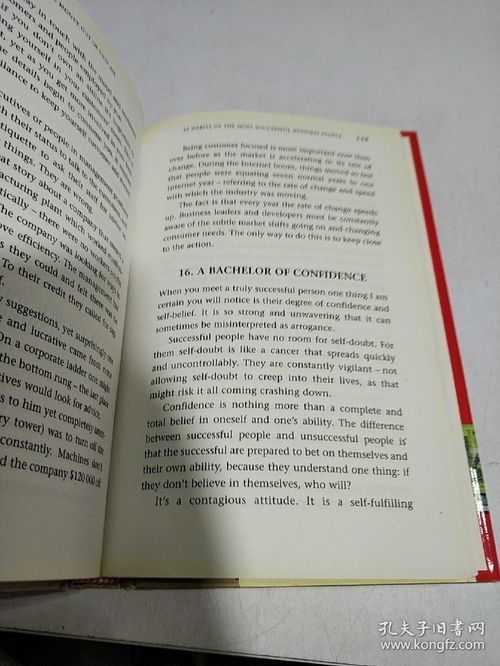Understanding Debt

Debt can be a double-edged sword. On one hand, it can be a powerful tool for personal and business growth. On the other, it can lead to financial strain and stress. The key is to understand how to make money out of debt, turning it into a profitable venture.
Types of Debt

Before diving into strategies, it’s important to recognize the different types of debt. There are secured debts, like mortgages and car loans, which are backed by an asset. Then there are unsecured debts, such as credit card balances and personal loans, which are not backed by any asset. Understanding the nature of your debt can help you strategize better.
1. Refinancing High-Interest Debt

One of the most straightforward ways to make money out of debt is by refinancing high-interest debts. If you have a mortgage or a personal loan with a high-interest rate, consider refinancing to a lower rate. This can save you a significant amount of money over time. For instance, if you have a $100,000 mortgage at 6% interest, refinancing to 4% could save you over $20,000 in interest over 15 years.
2. Debt Consolidation
Debt consolidation involves combining multiple debts into one loan, often with a lower interest rate. This can simplify your finances and reduce the total amount of interest you pay. For example, if you have three credit card debts totaling $10,000 at 18% interest, consolidating them into one loan at 10% could save you $1,800 in interest over two years.
3. Debt Snowball Method
The debt snowball method involves paying off your smallest debts first while making minimum payments on the rest. This can provide a psychological boost and motivate you to keep going. For instance, if you have five credit card debts totaling $20,000, you might start by paying off the smallest one, which could be $2,000. Once that’s done, you move on to the next smallest, and so on.
4. Side Gigs and Additional Income
One of the most effective ways to make money out of debt is by increasing your income. Consider taking on a side gig, such as freelancing, tutoring, or selling items online. This additional income can be used to pay down your debt faster. For example, if you earn an extra $500 a month from a side gig, you could pay off an additional $6,000 in debt over a year.
5. Selling Unneeded Items
Another way to increase your income is by selling items you no longer need. This could be old electronics, furniture, or even clothes. Websites like eBay, Facebook Marketplace, and Craigslist can be great platforms for selling these items. For instance, if you sell an old laptop for $200, that’s an extra $200 you can use to pay down debt.
6. Budgeting and Cutting Expenses
Creating a budget and cutting unnecessary expenses can free up more money to pay down debt. Look for areas where you can reduce spending, such as dining out less, canceling unused subscriptions, or reducing utility bills. For example, if you cut your monthly dining out budget from $200 to $100, you could save an extra $1,200 a year.
7. Investing Wisely
Once you have a significant amount of debt paid off, consider investing the money you were using to pay down debt. However, it’s important to invest wisely. Look for low-risk investments, such as bonds or index funds, that can provide a steady return over time. For instance, if you invest $10,000 in a bond with a 5% return, you could earn an extra $500 a year.
8. Using Debt to Invest
In some cases, using debt to invest can be a profitable strategy. For example, if you have a mortgage on a property that you plan to rent out, you can use the rental income to pay off the mortgage. This can be a way to leverage debt to grow your wealth. However, this strategy requires careful planning and a thorough understanding of the risks involved.
9. Seeking Professional Advice
Debt can be complex, and it’s important to seek professional advice when needed. A financial advisor can help you understand your options and develop a strategy that works for you. For instance, they can help you determine whether refinancing or debt consolidation is the best option for your situation.
10. Staying Committed


